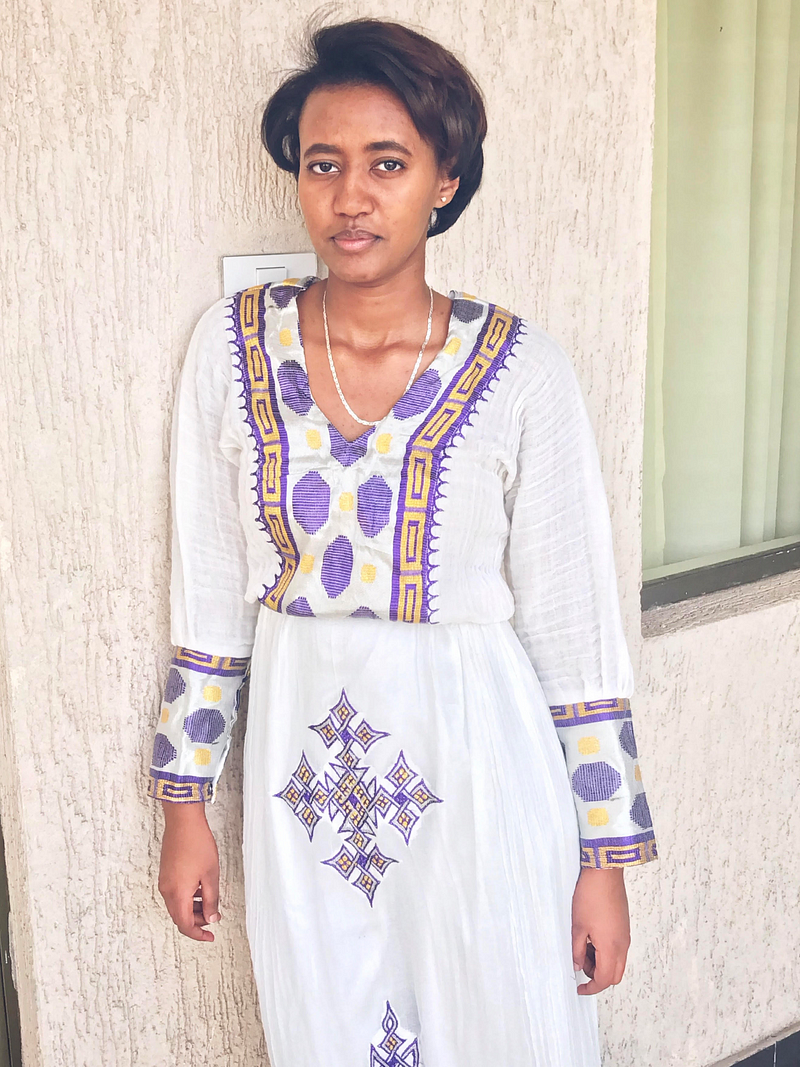
Amidst the leafless branches of trees and the memory of numerous fat squirrels which have started to disappear from fear of winter, I struggled to push my legs against the strong opposing wind one step at a time. Depending on how crowded Martin’s Way is, it usually takes me thirteen minutes to walk from my room to class in the morning. Something about the morning of Nov. 1, maybe the cold, empty sky or the fallen, bright leaves which will soon vanish, made me more aware of my existence. Neither the cold earth nor the colder air above the earth seemed to have any life in it, except for mine.
Remembering what I heard from people saying, “It was already snowing last year at this time…,” I foresaw the vast snow that will soon sit extremely quietly, covering the field. Suddenly, I heard the warm blood pulsing through my veins. These contrasting moments of sensing life and its absence made me feel like a light passing through complete darkness, where one is more aware of the light simply because of the darkness that surrounds it.
However, these moments of realization dawning on me early in the morning were strictly concerned with my own existence, and not that of others. In fact, it seemed the more vividly I was aware of my being, the less I acknowledged that of others. I saw continuous blocks of flesh, not one distinct from the other; I saw people’s faces hidden behind hooded-jackets and the definite outlines of their bodies concealed underneath thick winter coats. Everyone looked the same. And as far as I was concerned, everyone, except for me, was the same. But just as I was about to sink too deeply into these thoughts, sharp freezing jets of wind enveloped me.
So, I put my hands in my pockets, shivered a few times, then walked towards Kirner-Johnson Building, where my 9 a.m. class awaited.
A sudden gust of warm air greeted me as I entered the building. Class was about to start, so I quickly took a seat in the back row and looked at the quote of the day: “Everyone is a moon, and has a dark side which he[she] never shows to anybody” (Mark Twain.) It seemed as if the professor read my mind and intentionally chose that quote to further complicate the philosophical thoughts I woke up with that morning. The professor always begins her lectures with a short explanation of the quote to warm-up our critical minds for the day, then continues by making a light joke about whoever gets to class late.
A few minutes into the lecture, there was a brief pause when students brought forth questions they had encountered while doing their homework. Some students, in an attempt to better communicate their questions, go as far as to recap their entire experience of doing their homework, sparing no detail. On any other day, hearing this would be tiresome to me, but that day, I was intrigued.
Knowing that someone else had faced the same questions I had faced and how we, more or less, shared the same experiences made me feel ordinary, in a good way. Sitting in the classroom, I saw my classmates — who are from more than six different countries — with their faces fully uncovered and vaguely hinting at what their lives have been like, and the posture of their bodies expressing their unique personalities. I felt their existence as much as I felt mine. Before I came to class, I perceived others merely as outsiders with an ordinary past. But I found refuge from these thoughts in the classroom, where I sat close to other people, laughed at their thoughtfully crafted corny jokes, and listened to their unique stories. This is the beauty of being in ESOL class at Hamilton College.

















